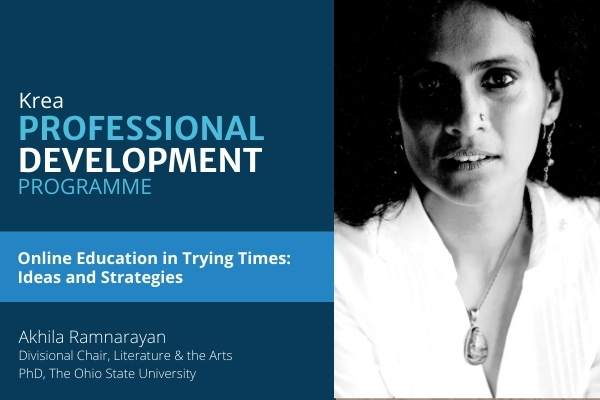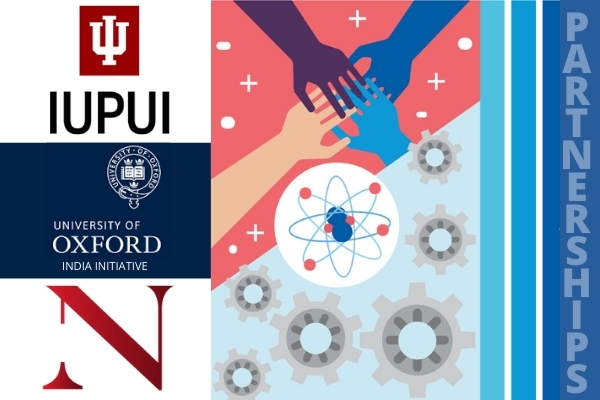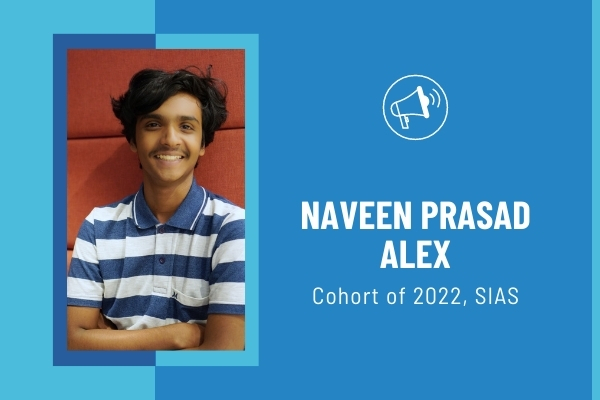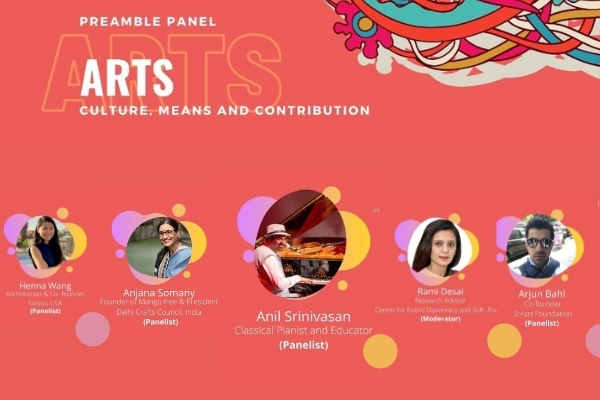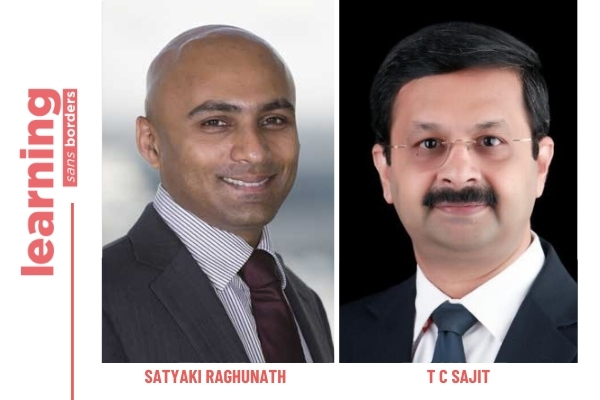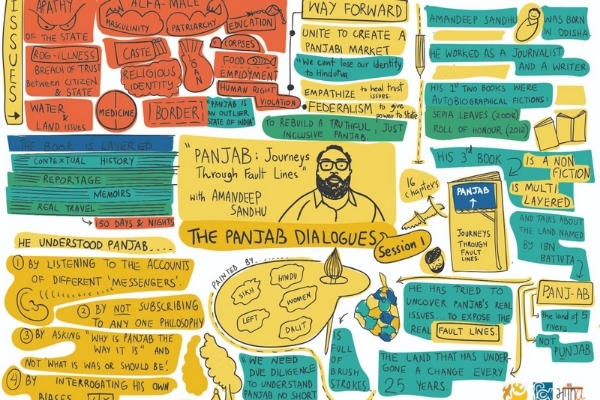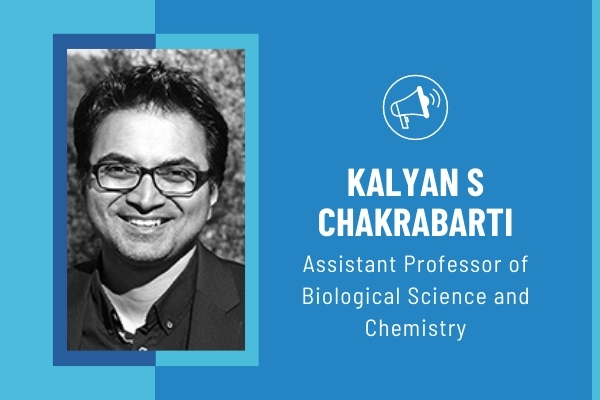In an effort to help develop and evolve professional expertise and skills of educators fit for the 21st century, eminent subject experts at Krea are hosting a series of interactive workshops.
The first in the series was a workshop on ‘Online Education in Trying Times: Ideas and Strategies’ by Dr Akhila Ramnarayan, Divisional Chair, Literature & the Arts.
Attended by more than 400 education industry professionals from across the country, this 2 hour workshop discussed ideas, strategies, and best practices for online instruction, engagement, and learning, imagining together how educators can work to fulfill the mission of school and college education in today’s world. Through the discussions, Dr Akhila explored how the Coronavirus pandemic might have reshaped education, and how educational institutions can rise to the challenge.
All participants actively discussed queries around interactive learning, management of practical classes in the virtual realm, innovative assessment methods and counselling interventions.
Dr Akhila demonstrated activities which educators could use in their respective virtual classes for enhanced engagement. She shared deep insights on strategies which could nurture emotional wellbeing of students. She also touched on the fact that to take good care of students, teachers needed to foremost take good care of their own selves.
The educators were highly engaged throughout the workshop and the Q & A session focused on conversations seeking empathetic modes of knowledge delivery through the online medium. As the curtains went down, the participating educators affirmed feeling equipped to use these new strategies and ideas in their upcoming classes.
‘Krea Professional Development Programme’ is a certification workshop which invites professionals to interact, engage and expand their skills, through workshops hosted by the fine academic minds at Krea.
About Akhila Ramnarayan
Dr Akhila Ramnarayan is Divisional Chair, Literature & the Arts, Associate Professor of Practice, and Curator, VENI, The Ideas Place, at Krea University. She is a writer, scholar, theatre actor, and trained Carnatic vocalist with a PhD in postcolonial studies from The Ohio State University (2006). She has worked at Pramati Technologies, Chennai (2013-2018), the Asian College of Journalism, Chennai (2011-2014), and University of Dayton, Ohio (2006-2011).
A key member of Chennai’s globally touring theatre company JustUs Repertory and founder member of performing arts institute Sahrdaya Foundation, she has received national recognition for theatre (acting) as the 2013-2014 awardee of the Sangeet Natak Akademi Ustad Bismillah Khan Yuva Puraskar.
